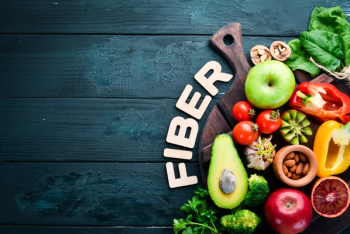
IFF’s new cultures keep dairy and alternative-dairy products fresh, encouraging consumers not to discard food that’s still edible
Brand-named Holdbac, the two new protective cultures use “specially selected microorganisms that deliver long-lasting freshness” while still maintaining label friendliness and avoiding artificial preservatives.
IFF (New York City) has introduced new bioprotective cultures that help ensure dairy and dairy-alternative products still look and taste fresh so that consumers don’t wastefully discard food they can still eat. Brand-named Holdbac, the two new protective cultures use “specially selected microorganisms that deliver long-lasting freshness” while still maintaining label friendliness and avoiding artificial preservatives.
As the company’s press release explains, many food manufacturers are switching from labeling their products with “use by” dates and instead opting for “best before” dates—and letting consumers judge whether a product is still edible. The goal is to eliminate unnecessary food waste.
“The whole idea behind ‘best before’ dates is to encourage consumers to trust their own senses more when deciding if a food product is still good enough to eat,” said Julien Plault, global protective cultures manager at IFF, in a press release. “We know, for example, that 17% of all yogurts in the European Union (EU) have previously been thrown away simply because they had passed their ‘use by’ date. This needs to be changed, and our solutions can play a role.”
He added: “Bioprotective cultures contribute in maintaining the quality of fresh dairy products is intact at the end of their formal shelf life, so they still look, taste, and feel fresh. If ‘best before’ is to have any impact on preventing avoidable food waste, this is absolutely key.”
The cultures do not compromise a product’s sensory experience, ensuring “fresh dairy products have the same delicious taste and texture at the end of shelf life as at the beginning.” It even maintains these in challenging storage temperatures, the company says.
Plault added, “Both cultures are easy to combine with the starter culture at the beginning of fresh dairy processes. The idea is to release the full power of fermentation. That makes it possible to overcome recipe and food waste challenges while maintaining the integrity of the brand.”
Newsletter
From ingredient science to consumer trends, get the intel you need to stay competitive in the nutrition space—subscribe now to Nutritional Outlook.





